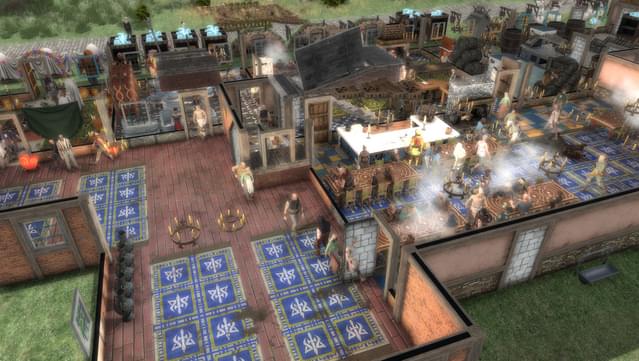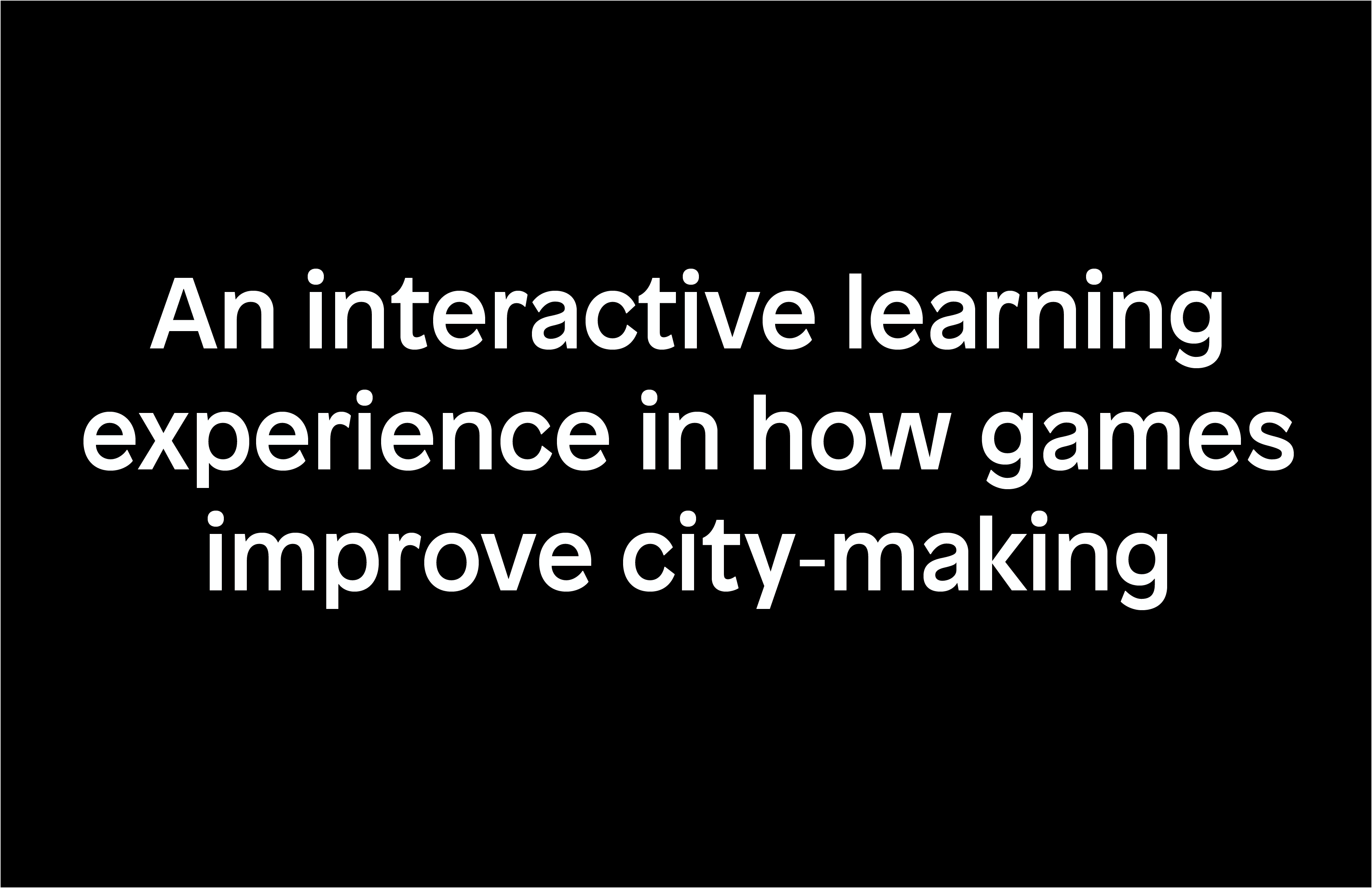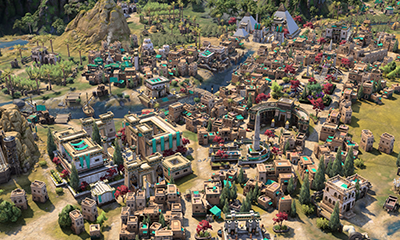In “In 80 Days,” the choice between thoroughly exploring a city and moving on quickly presents players with a strategic crossroads that significantly influences their gaming experience. Engaging deeply with cities yields a multitude of advantages that can substantially enhance both your character’s journey and the narrative progression. Here’s a detailed breakdown of these benefits:
1. Discovering Routes and Travel Options
One of the key benefits of taking the time to explore a city is the discovery of new and alternative routes to other destinations. As players investigate their surroundings, they may uncover shortcuts or less-traveled paths that could offer strategic flexibility. This insight allows for a more dynamic approach to travel planning, enabling players to adjust their itineraries in response to emerging information. Such discoveries can be crucial in optimizing travel schedules and ensuring timely arrivals at key milestones in the journey.
2. Triggering Narrative Events and Consequences
Exploring cities is not just about logistics—it immerses players in the game’s rich narrative. Each city holds the potential to activate unique story encounters, which range from intriguing world-building tidbits to intricate subplots that may span multiple locations. Engaging with these narrative elements can offer players valuable experiences and challenges that could impact their overarching journey. Successfully navigating these complexities might yield rewards such as new allies, enhancing the story’s depth and maintaining engagement throughout the gameplay.
3. Managing Resources and Health
The cities within “In 80 Days” serve as vital hubs for resource management. Players can buy and sell items necessary for survival and travel, potentially acquiring tools that enhance their journey. Additionally, cities provide opportunities to restore Fogg’s health, which can be critical in dealing with the unique challenges presented during the travels. Properly managing these resources allows players to mitigate risks associated with travel, enhancing the overall efficiency and safety of their expedition.
4. Immersive Experience
Spending time in a city enriches the overall experience by fostering a deeper connection with the fictional world. Interacting with locals, delving into the city’s history, and participating in cultural events create memorable impressions that extend beyond the gameplay mechanics. This immersion helps build anticipation for the journey ahead and nourishes a deeper investment in the narrative, enhancing player engagement and emotional resonance with the storyline.
5. Balancing Speed with Opportunity
While the allure of swift travel exists, players must weigh the benefits of efficiency against the advantages presented by thorough exploration. Prioritizing speed may ensure that players meet their deadlines, but often at the expense of missing out on pivotal opportunities and richer narrative experiences. Finding the right balance is crucial; a calculated approach can mean the difference between reaching a destination in record time and gaining valuable insights that could alter the course of the journey.
Conclusion
Ultimately, the decision to explore thoroughly or to move quickly hinges on individual playstyles. Players who invest time in exploration can unlock a wealth of strategic options and immersive experiences that enhance their journey. Conversely, those focusing on speed may sacrifice depth in exchange for adhering to travel timelines. The game’s design encourages this nuanced decision-making process, making it essential for players to reflect on what they value most in their adventure: strategic depth or expedient travel.






Leave a Reply